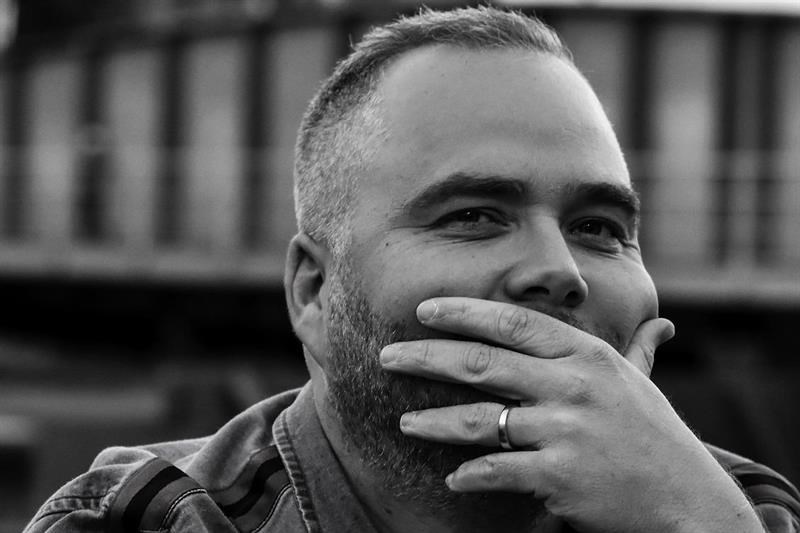Face masks are causing a surge in demand for adult braces
Published: 20/04/2021
Thanks to the need for face masks during COVID-19, there has been an uptick in the number of adults seeking orthodontic treatment.
That's according to orthodontist Dr Chaw-Su Kyi, who suggests people are seeing the pandemic as an opportunity to straighten their teeth discreetly.
Dr Kyi, founder West London Orthodontist, said: 'There has been a significant increase in people seeking teeth straightening. Braces are really popular at the moment because masks allow people to straighten their teeth without anyone seeing.
'Adults don’t always want people to know they are straightening their teeth. Train track braces are usually difficult to hide, so the combination of lockdown and mask wearing has proved to be a winning combination.'
She added: 'Most of my adult patients opt for Invisalign or lingual braces. Both can tackle most tooth alignment issues including closing gaps, drawing in sticking out teeth or tackling overcrowding.'
Dr Kyi suggests the rise of video calls has had an impact on how people look at their teeth.
She explained: 'So many people have been working at home and seeing their smile live on screen. We are used to seeing our reflection in the mirror a few times a day but seeing it for hours at a time on a video call can be quite distracting. You start to analyse the way you talk and smile, pull facial expressions and look in general. We are far more comfortable with looking at ourselves as non-animated, still images, and lots of us now use filters to help hide flaws or improve ourselves. We can’t do that on video calls though, so you start to notice any flaws in your smile.'
Low contact orthodontics
Dr Kyi has been practising low contact orthodontics and predicts that this is another benefit of the pandemic, which is set to last.
She said: 'Since the start of the pandemic last year, our clinic has been conducting remote video consultations and using new digital tools when face to face contact with patients is difficult. This has allowed me to track and monitor my patients’ treatment progress – particularly those having Invisalign treatment - and even conduct new patient appointments where I can undertake an initial assessment of prospective patients’ teeth.
'We provided patients with detailed instructions and a photographic mouth retractor packs to allow them to pull back their lips and this allows us to record their treatment progress on a regular basis. So many patients have told us that they like to engage with us in this way and really feel motivated that their progress can be checked virtually from our clinic without the need for so many visits. They are happy we can check that their aligners are fitting correctly and keep a close eye on their tracking. We can catch issues early before a tooth gets out of control so minimising the need for corrections in the middle of their treatment.'
‘Mask breath’
Dr Kyi also acknowledged that bad breath can worsen when wearing a mask because mouths become dry, as we may breathe more from our mouths under the mask.
'The natural cleansing effect from saliva helps remove bacteria building up on the teeth, but when the mouth feels 'dry' this can be due to a reduced rate of saliva flow. If bacteria builds up on the teeth, which is called plaque, this will contribute towards bad breath.
She recommends advising patients to drink water frequently to help combat dry mouth – 'this can be just small sips at a time, and snack on water-rich foods like cucumber, tomatoes, apples'.
For more, visit www.westlondonorthodontist.co.uk
Author: Julie Bissett

.jpg?width=300&height=200&scale=canvas)









.jpg?width=150&height=100&scale=canvas)

